December 7, 2018
This past November, thanks to our partnership with Prince William County Community Services Board, SCAN’s Public Education Manager was given the opportunity to join Virginia’s second cohort to be trained in the ACE Interface Master Trainer curriculum. (ACE stands for Adverse Childhood Experience.) Developed by Dr. Robert Anda, co-principal investigator of the groundbreaking ACEs study, and Laura Porter, an award-winning public servant best known for her success helping communities to build capacity to generate transformative improvements to health and well-being, the ACE Interface training curriculum teaches Master Trainers how the ACEs study can be used to build self-healing communities.
“What if the largest public health discovery of our time is about the smallest of us?”

This question, which will be asked by every ACE Interface Master Trainer, was asked of the second training cohort at the very beginning of the 2-day intensive training that took place in Wytheville, Virginia. Over the course of those two days the learning cohort, lead by Dr. Anda and Ms. Porter, took a deep dive into the ACEs data to learn how the knowledge of ACEs—when presented with fidelity—can be used to build self-healing communities. Dr. Anda explained that “ACEs are the most powerful determinate of the Public’s Health,” and that knowing one’s ACE score “provides a chance to see the story of your life and to create a different path for the future with hope, meaning, and purpose.”
Although the link between adverse childhood experiences and negative adult health outcomes has been known for over two decades, it has taken many years for our understanding of neurodevelopment and epigenetics to catch up with the ACEs data to explain the neuroscience behind the study. This new branch of science, called “NEAR Science,” combines Neuroscience, Epigenetics, Adverse Childhood Experience and Resilience together to explain the biologic pathways between childhood adversity and adult health outcomes. The Master Trainer cohort learned that “the biologic impact of Adverse Childhood Experience transcends the traditional boundaries of health and human service systems” and it was the responsibility of the training cohort to use the ACE study as a connecting point for people from diverse communities, disciplines, and service sectors.
Dr. Anda and Ms. Porter propose that when enough people in a community have shared knowledge, language, and understanding of ACEs, the community can then begin to make a shift to ensure that the services offered match the science and communities can begin self-healing. As Dr. Anda repeatedly says, “what is predictable is preventable” and now armed with the content “Understanding ACEs” the Master Trainer cohort will be spending the next six months presenting the ACE Interface curriculum in order to become Master Trainers.
Through the Trauma-Informed Community Network (TICN) of Greater Prince William, SCAN and CSB will be presenting the first “Understanding ACEs” training at our next TICN meeting on December 11th from 10:30 am – 12:30 pm in the Community Room of the Chinn Park Library located at 13065 Chinn Park Drive in Woodbridge, VA 22192. Please consider joining our discussion on the 11th. We look forward to seeing you there!
Learn more about Trauma-Informed Organizations here.
